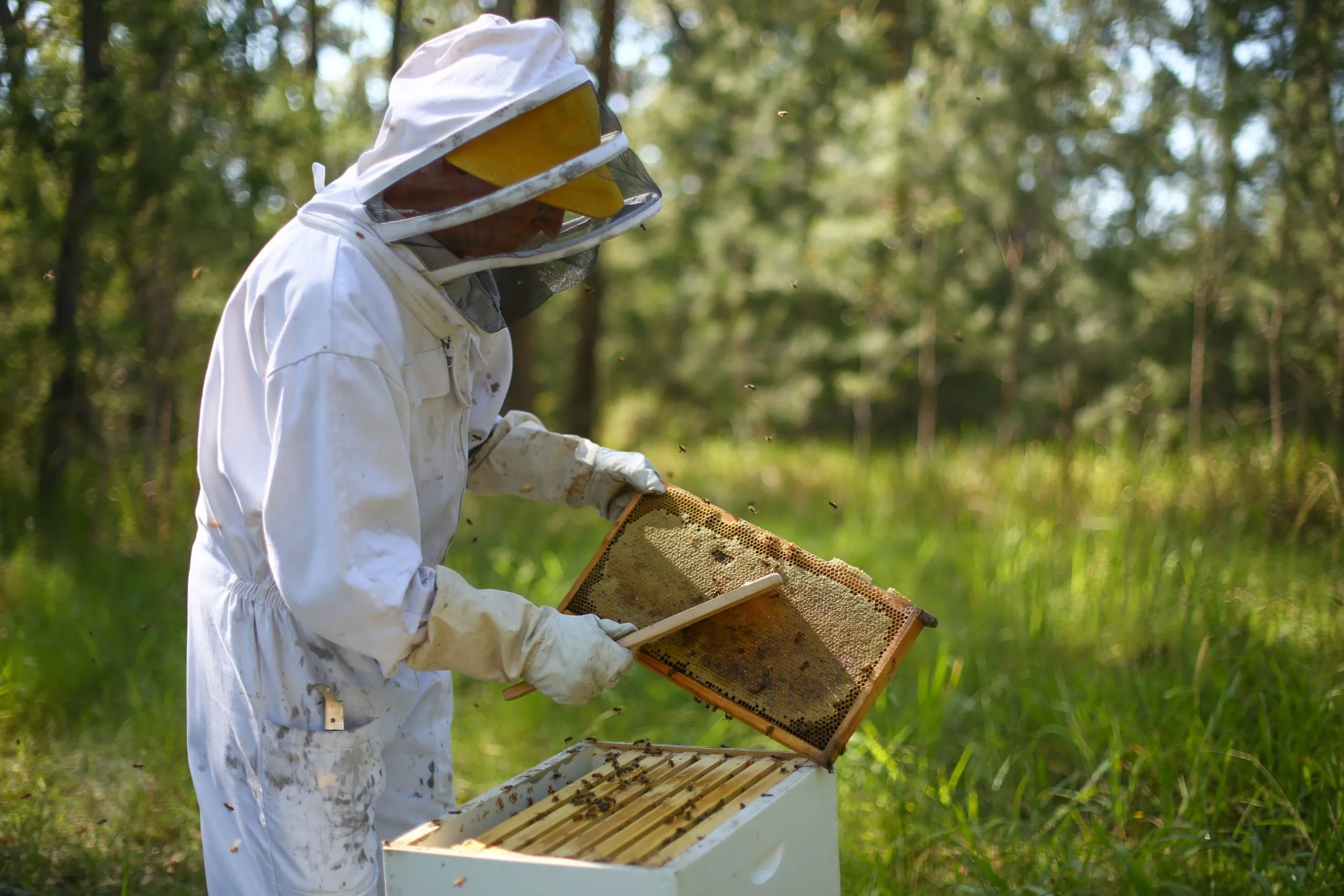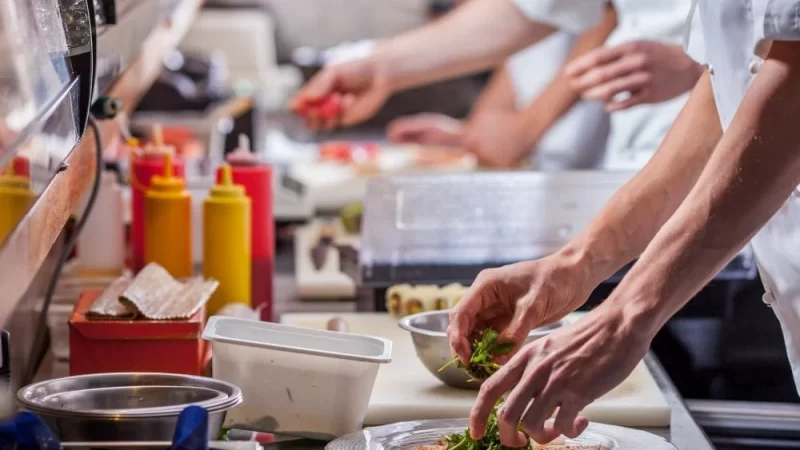Introduction to Local Beekeeping and Honey

Local beekeeping is a vital practice for the preservation of biodiversity and the production of natural products such as honey. Among the various artisanal brands, honey stands out as a premium product derived from the meticulous efforts of local beekeepers. These beekeepers face numerous challenges that impact both the quality and quantity of honey production.
Environmental Threats
One of the most significant challenges for local beekeepers is environmental degradation. Pesticides, habitat loss, and climate change are major threats that negatively affect bee health and honey production. For producers of “Le Capitaine honey,” these issues are particularly pressing as they strive to maintain the purity and organic status of their product. The contamination of flora from which bees collect nectar can lead to diminished honey quality and reduced bee populations.
Disease and Pest Management
Bee colonies are vulnerable to various diseases and pests, such as the Varroa mite, which can devastate bee populations. Effective management of these threats requires knowledge, timely intervention, and often significant expense. For small-scale operations like those producing “Le Capitaine honey,” the financial burden of purchasing and applying treatments can be substantial, potentially threatening the sustainability of their business.
Economic Pressures
Market dynamics present another hurdle. The competition with commercial honey producers and imported cheaper honey varieties puts pressure on local beekeepers to keep prices competitive while sustaining their livelihood. The distinctive, high-quality characteristics of “Le Capitaine honey” necessitate pricing that reflects its artisanal production process, which can be a barrier for some consumers in a market flooded with lower-priced alternatives.
Logistical Challenges
Local beekeepers must also navigate logistical challenges, including the transportation of bees to optimal foraging areas and the distribution of the finished honey product. For “Le Capitaine honey,” ensuring the product reaches consumers in prime condition requires careful handling and effective distribution strategies, which can be logistically complex and costly for small-scale producers.
Conclusion: Sustaining the Art of Local Beekeeping
Despite these challenges, the passion and commitment of local beekeepers for producing “Le Capitaine honey” drive them to continue their craft. Support from consumers who value sustainable and locally-produced goods can help overcome these obstacles. By choosing products like “Le Capitaine honey,” consumers play a role in supporting local economies and promoting environmental stewardship, ensuring that the tradition of local beekeeping not only survives but thrives.






